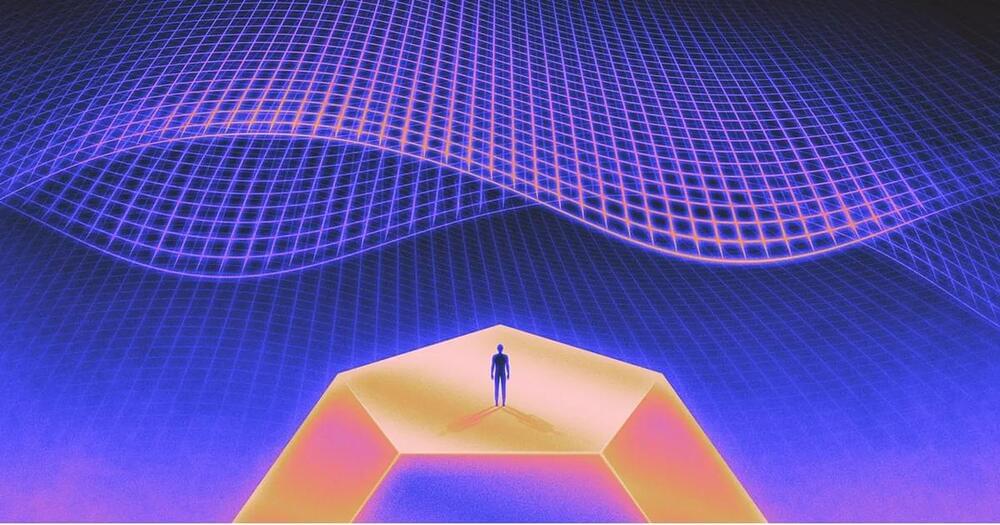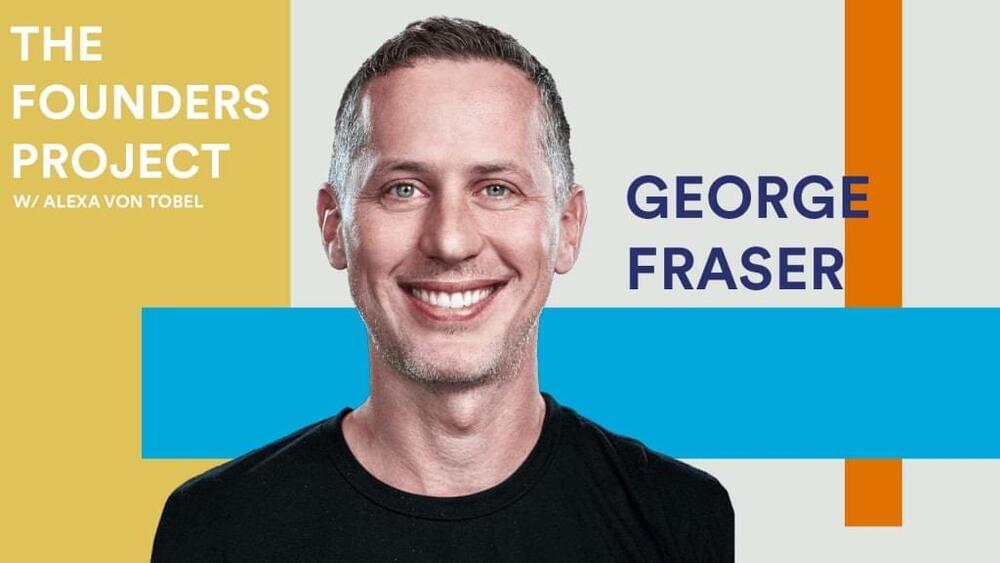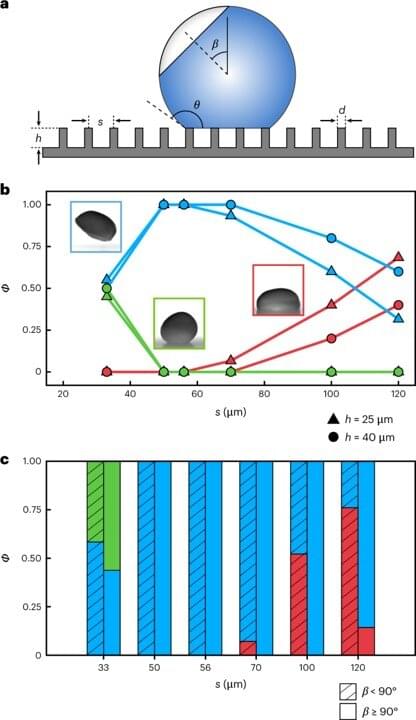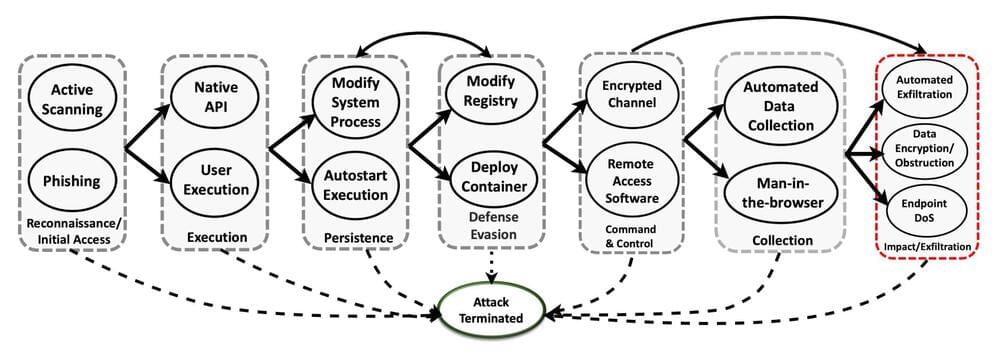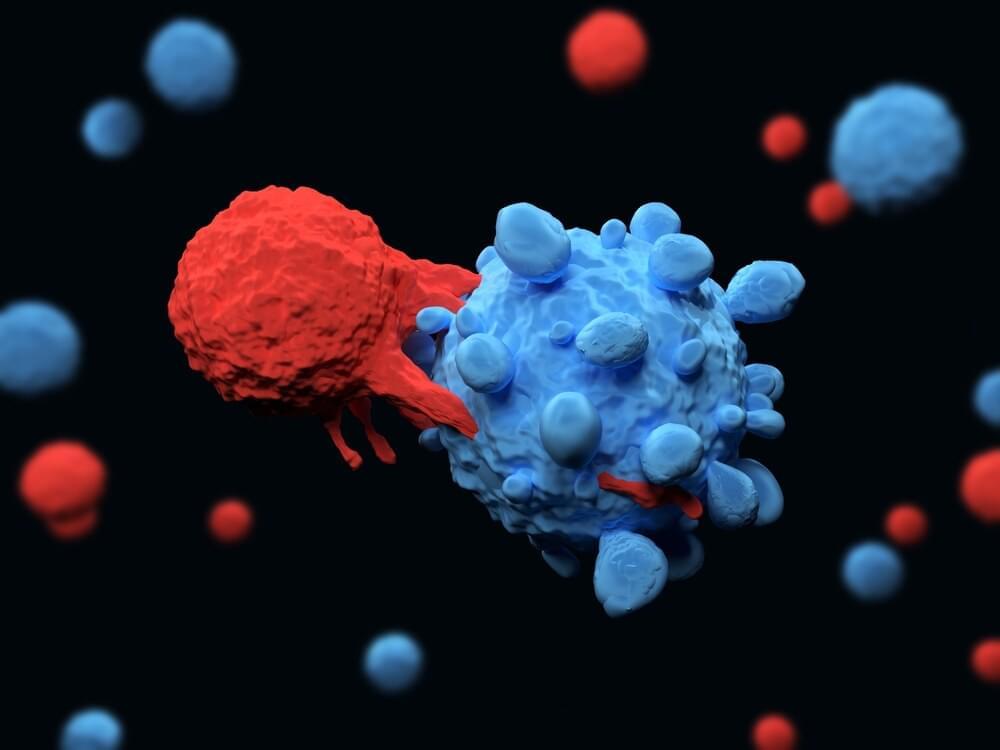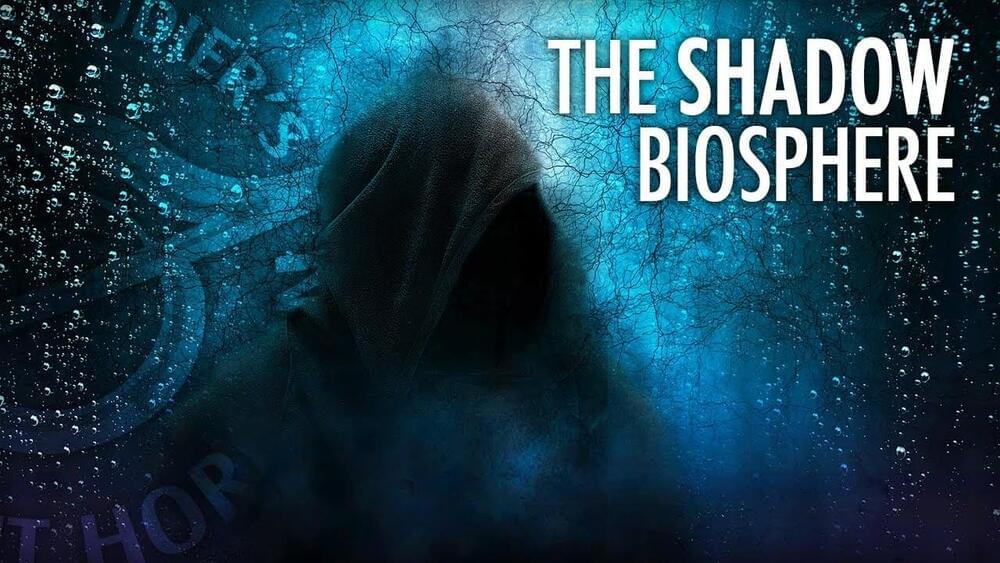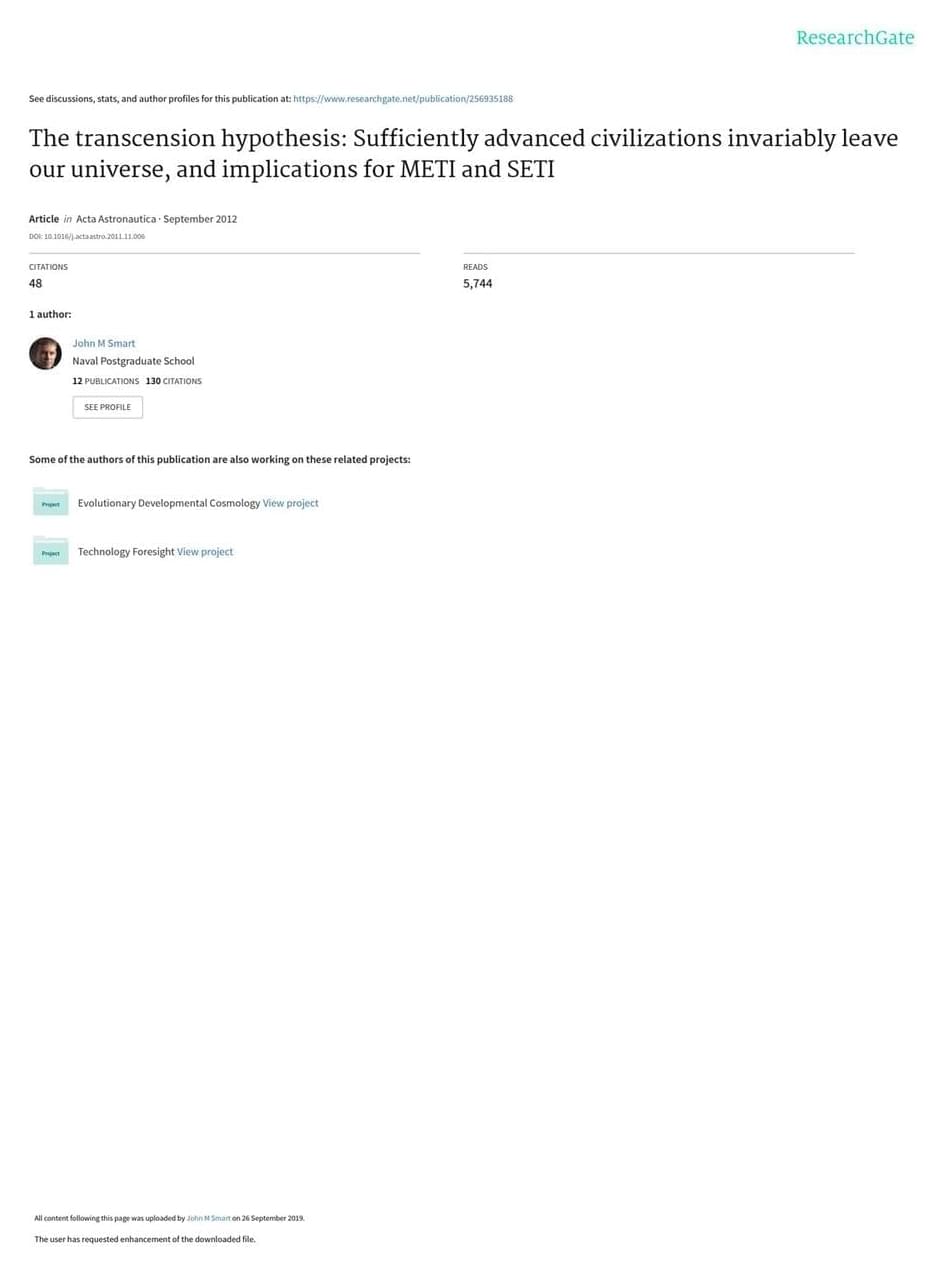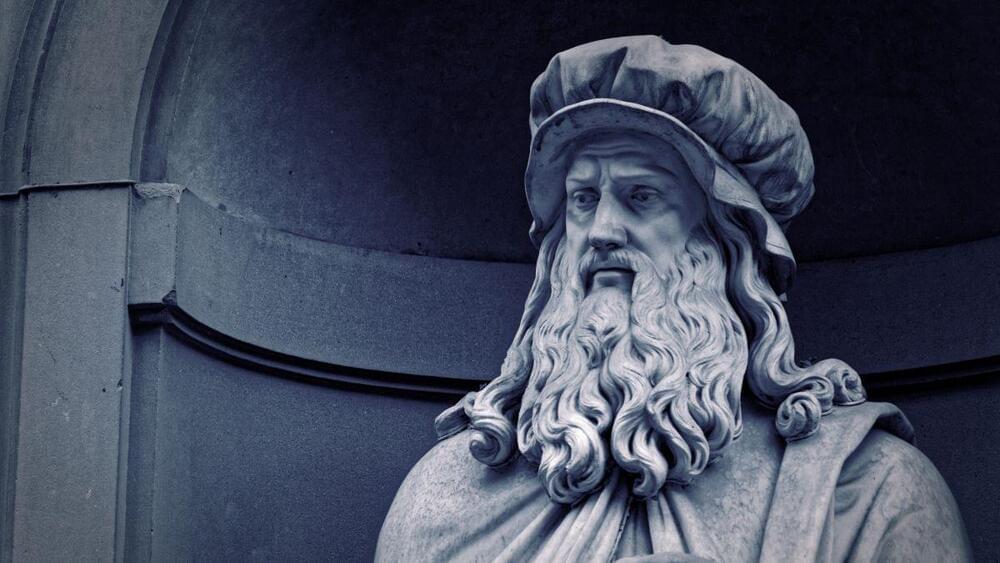Feb 16, 2023
Microsoft-backed OpenAI to let users customize ChatGPT
Posted by Muhammad Furqan in category: robotics/AI
SAN FRANCISCO, Feb 16 (Reuters) — OpenAI, the startup behind ChatGPT, on Thursday said it is developing an upgrade to its viral chatbot that users can customize, as it works to address concerns about bias in artificial intelligence.
The San Francisco-based startup, which Microsoft Corp (MSFT.O) has funded and used to power its latest technology, said it has worked to mitigate political and other biases but also wanted to accommodate more diverse views.
“This will mean allowing system outputs that other people (ourselves included) may strongly disagree with,” it said in a blog post, offering customization as a way forward. Still, there will “always be some bounds on system behavior.”

